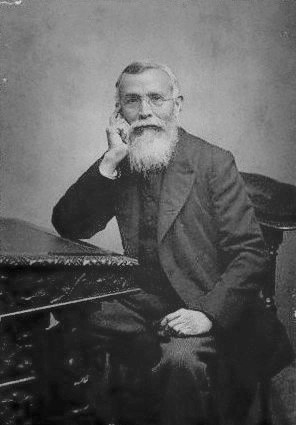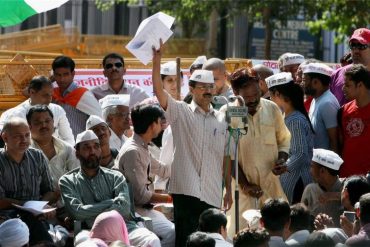India is now celebrating its 66th Independence Day but we still have a lot to accomplish, and above all, a lot of thinking to do. Britishers are long gone but some questions about their motives and outcomes of foreign rule remain without crystal clear answers to this day.
Trade or Territory?
In his book ‘Raj: The Making and Unmaking of British India’ Lawrence James has 
On the contrary our historians point out that British defines the absolute evil, a force which under the veil of trade interests, wanted to grab the resource rich land of India. The war loving major general Robert Clive is quoted by many Indian historians as the epitome of British interests in India. Many of them refused to even notice the reformist works of many such British governor generals like William Bentinck, who banned sati, later to be blamed for inviting mutiny of 1857 in process.
Whether British wanted territory or trade will remain a topic of debate forever, because in ensuing period of British conquest there were so many parties with numerous and diverse set of interests involved in it, that looking at any one in isolation is impossible today. Was it the initial temptation of weak rulers of provinces to replace Afghan fighters (Who before the arrival of Britishers were the toughest fighting unit in much of North India) with Britishers ? Or was it the bitter rivalries like the one between Hyderabad and Mysore that brought British forces into the power in Southern India? Answers to these questions have been attempted with none coming out to be convincing enough to settle the debate.
The Drain of Wealth

In India not much was understood by masses at that time. Only some 60 years later, when education finally started reaching the masses a general consciousness to this theory was built. Patriotic movies contributed to fuel this belief further. By the mid 70s ‘drain of wealth’ became perhaps the strongest reason of anger and resentment against Britishers.
Now the question is the theory of ‘drain of wealth’ true? To understand this we have to see the development of ‘economics’ as a subject in Europe in general and Britain in particular. In the early period of their rule, which was from 1764 (the battler of Bauxar) till the 1820s, the Britishers stuck to the basic policy of buying the Indian spices and artifacts and selling processed British goods, which if, was not in favor of India was not at least as exploitative as what came next. The 19th century was a very happening period for economics; one of the foremost economists of this period was David Ricardo. Ricardo had many senior British administrators as his fans; among other theories they were quite impressed with his ‘Law of Rent’. One such fan James Mill formulated the Indian revenue policy in early 19th century, central to which was the idea that ‘British rulers own the land’. After this the British rule of India became more and more in the favor of Britishers.
Pax Britannica
One of the biggest debates regarding the colonial period is; are we better off or worse off because of the British rule? This is the most dividing of all topics on the impact of Raj, as for us Indians there are some symbols of our colonial past which are hard to be ignored (e.g. the railways). In the divided house there is an underlying belief which connects all of them; the ultimate motive of Britishers was to promote their own interests, not the development of India.
Celebrated Historian Niall Ferguson argued that British Empire has left a positive legacy by ‘spreading liberal values of free market, rule of law and democracy’. These arguments are well supported by the socio-political studies of the former British colonies and comparing them with French and Portuguese colonies. Even if we keep US and Canada out of such studies the comparison between Australia, Hong Kong, India and South Africa with the French and Portuguese colonies of Ivory Coast, Congo, Angola, Cambodia and Vietnam, we can see the differential in their social and political stability. So shall we believe that Britishers have left a positive legacy? Skeptics of this theory point out the inherent differential in the resource and social constructs of these countries.
Stanford Professor Kenneth Schultz and Phd candidate Alexander Lee studied ‘Cameroon’ to test the hypothesis of Pax Britannica, because it was ruled in parts by Britishers and French. The results confirmed to the general inter-country observation. On all the measured social parameters the British ruled region scored over the French ruled regions.
This author believes much of this differential is because compared to French and Portuguese, Britishers in most of the cases left their colonies much more amicably and in much stable state, explaining their success in the post colonial world.
Conclusion
Well certainly unlike the research papers current citizens of these colonies are not that kind to either British rule or the legacy. But on the Independence Day there must be an attempt by all of us to recognize that how the modern India shaped in post 1947 world has strong imprints of its colonial past, and if today we have something positive then we should give its credit to the Britishers as much as we criticize them for our negatives.
Two separate issues must be presented in conclusion, first that united India is a gift (however sour it might be) from Britishers and second, that Mountbatten tried his level best to prevent India from dividing.
Writer is an NIT Hamirpur & IIM Lucknow Alumnus.




independence 🙂 you could use some proof reading
Thanks for the ‘eye-opener’ Kamal Preet